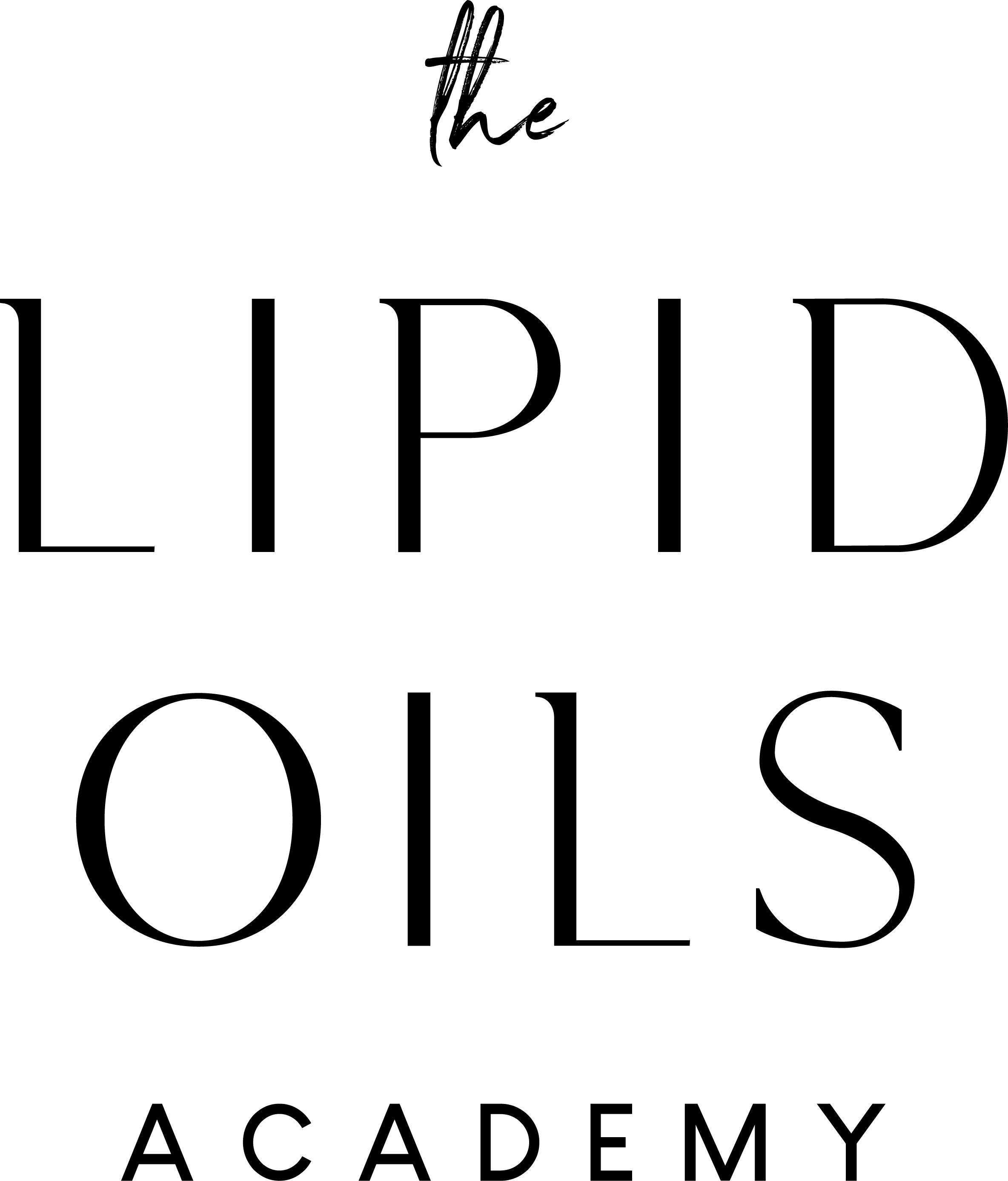Botanical families are one way to sort the lipid carrier oils to understand the differences across groups, and the gourd, melon, or cucumber family is a mostly uniform group.
Cucurbitaceae, the botanical family name of the cucumber group, includes gourds, pumpkins, melons, and squash; it is a rich source of lipid oils dominated by linoleic acid, with oleic acid consistently under 30%. Eight similar oils high in linoleic acid with one outlier high in a-eleostearic acid is a lipid family growing, adding new members regularly.
Edible and non-edible varieties
This vast botanical family creates edible fruits and non-edible varieties used as vessels, musical instruments, and abrasives like the ever-popular loofah sponge. The family is widely nourishing across the globe, growing in nearly all regional zones and sustaining ancient and modern cultures.
The abundance of food products in the botanical family is impressive. Even in the nearly inedible types, immature fruit is similar to summer squash, producing either long-storage vegetables or hard shells when allowed to fully mature. But edible or not, all can potentially create seeds rich in lipid oils.
Gourd oils and Phyto-nutritional compounds
Gourd carrier oils are high in Phyto-nutritional compounds, including vitamin E as tocopherols, anti-inflammatory phytosterols, minerals, and carotenes.
Some oils of the group are very dark in color with nutritious unsaponifiables in an unusual reddish red-green coloration, while others are yellow and clear. Refining practices will create different appearing oils from the same seed types.

Pumpkin, loofah, watermelon, cucumber, Kalahari melon, muskmelon, and !Nara melon used for food preparation and skincare offer us as formulators a wealth of lipid material with which to work.
Sometimes these oils are toasted to add flavor for food preparation, and their strong food-like scents don't make good oils for skincare.
There are lots of these carrier oils, eight with one outlier to make a total of nine related lipid compounds.
Kalahari melon seed oil
The grand-daddy of them all, as seen in the hieroglyphics of the ancient Egyptians, is Kalahari melon oil.
Kalahari melon seed oil, Citrullus lanatus, also known as Ootanga, Tsamma Melon, or Wild Watermelon, is the ancestor of our modern watermelon dating back to ancient Egypt. Hieroglyphs in tombs show the plant and oil used by indigenous people in the Kalahari area.
The melon is not for eating as its yellow flesh is very bitter.
The Kalahari melon, highly adapted to surviving the harsh drought-like environment of the African deserts, grows well, storing moisture in its tissues and creates the oil's high linoleic acid content, providing the skin with fatty acids that moisturize, protect against the environment and help support the skin's epidermal layer.
A generous unsaponifiable portion typical of the family nourishes and acts as a treatment for skin issues like acne and psoriasis.
Watermelon seed oil
Watermelon seed oil, Citrullus vulgaris, is the African desert's descendant of Kalahari or Ootanga melon oil.
True to the group, the fatty acid profile is high in linoleic acid, followed by oleic acid.
Nourishing and repairing, the oil is anti-inflammatory and traditionally used on troubled skin to help dissolve excess natural oils keeping the skin clear and fresh.
B vitamins, especially niacin, magnesium, and zinc minerals, nourish the skin giving the oil extended shelf life, making it a reasonably stable oil for its polyunsaturated nature.
The oil is light, feels good on the skin, and is a good oil for combining with heavier oils.

Calabash and loofah oils
Calabash and loofah oils, Lagenaria sphaerica and Luffa aegyptiaca, are two of the non-edible members of the group and provide the vessels and abrasives for native cultures. In the Hawaiian islands, a Calabash cousin is a type of close family friend unrelated by blood that never-the-less shares the family's meal from the calabash. To be a calabash cousin is an honor.
Pumpkin seed oil, Muskmelon seed oil, and Cucumber seed oil are all dominant in linoleic acid, none less than half of the fatty acid.

!Nara, Acanthosicyos horridus seed oil
The newest member of this group is !Nara, Acanthosicyos horridus a leafless, thorny shrub and is an important food source for the people of Namibia. Products from !Nara seed oil are sold in the Namibian market, eventually spreading beyond local production and use.
Bitter gourd seed oil
And the outlier is Bitter Gourd oil, the cucumber-looking fruit extremely bitter and a delicacy in parts of Asia. This oil has, in the place of the linoleic acid of the other group members, a-eleostearic acid, an unusual conjugated fatty acid best studied with other oils high in similar fatty acids.
What oils from the pumpkin family have you worked with? Leave a question or a comment below.

I’ve been interested in carrier oils since I started studying aromatherapy some thirty years ago. I am so enjoying my journey with you and even have a better understanding of the chemistry due to your descriptions and explanations which is helping my blending. I look forward to your further discoveries and valuable knowledge.
Susan thank you so much for your valuable and interesting information and findings. I am very interested in carrier oils and nutrition and like.